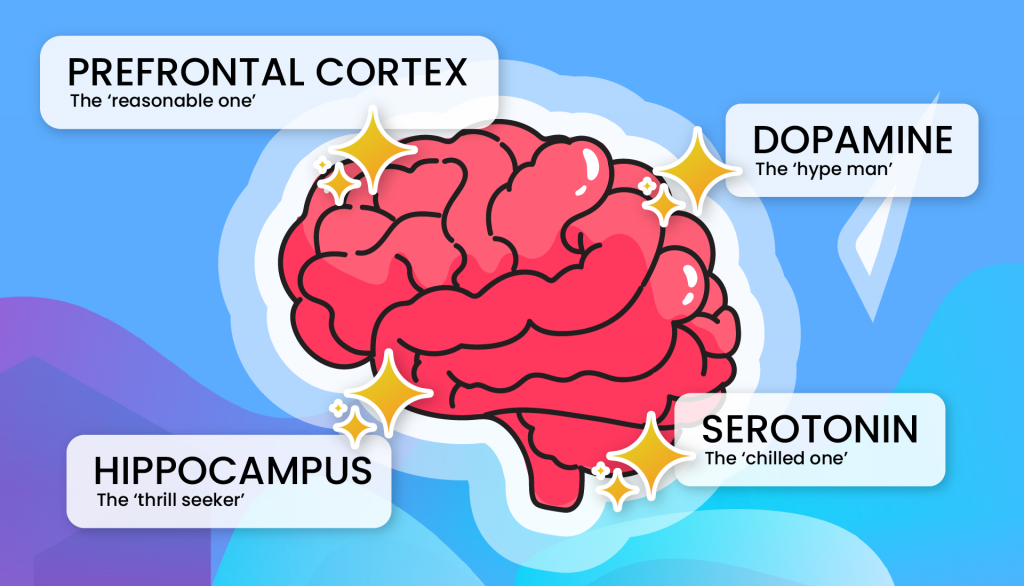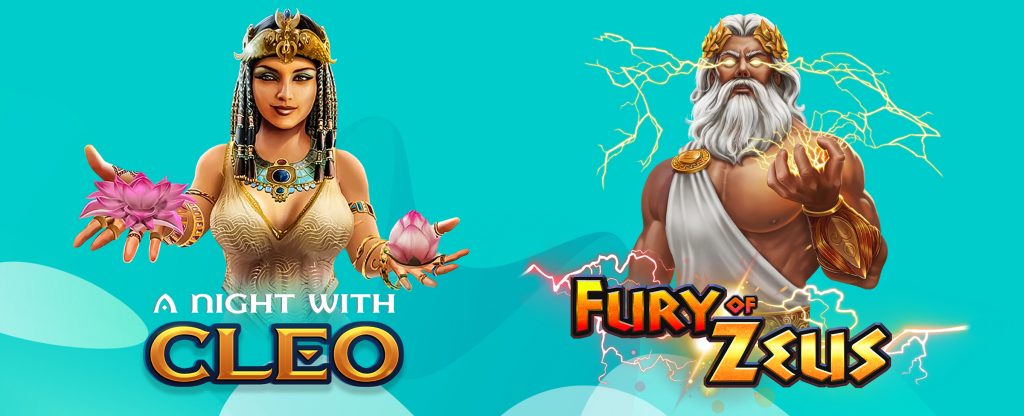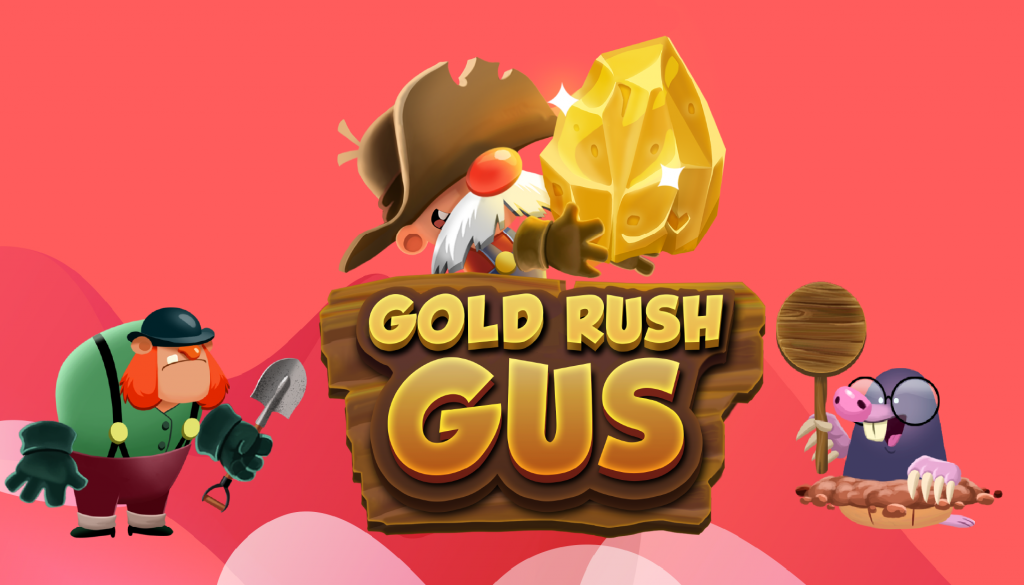The Neuroscience of Online Slots Games
Ever notice that electric feeling the moment after you hit spin? Your heart jumps, your focus sharpens, and for a second, it’s like you’ve hit pause. That in-between moment of suspense, waiting to see where the reels land.
Your brain is built to love that exact feeling. Humans are wired to love anticipation, and playing online slots is a fun way to tap into that feeling on demand.
In this article, we’ll pull back the curtain on what’s really happening in your brain when you play. From the flicker of anticipation to the satisfaction of a win, the brain is doing a lot more than you might think while you’re playing…
Quick Answers Here
The Brain Just Loves to Play
Playing slots is a full-brain experience, activating systems in the brain tied to motivation, attention, and memory. Players’ brains naturally release dopamine, sparking excitement and encouraging repeated spins.

Serotonin keeps sessions calm and enjoyable, while the hippocampus (your brain’s own hard drive) lights up with every new surprise or feature on screen. In social or multiplayer games, a brain chemical called oxytocin is released and adds an extra boost of joy and connection with friends or other players.
Online casino games and even RPGs (role-playing games) can actually challenge players to think creatively and find solutions to tricky problems. Every level, mini-challenge, or bonus round asks the brain to weigh options, experiment, and adjust strategies. Over time, this trains players to approach problems from different angles.
Players are constantly evaluating potential outcomes, weighing risks and rewards before making decisions. This type of gameplay helps the brain practice making more informed choices, even when the outcome isn’t totally clear.
The more someone plays, the more their problem-solving skills improve, so they naturally approach games with better tactics and decision-making.
Improving Problem-Solving & Decision-Making
A study from Granic, Lobel and Engels found that video games, including strategy and role-playing games (RPG), can improve problem-solving and decision-making skills over time, helping players sharpen their strategies and make smarter moves to tackle challenges.
These same principles apply to online casino games too. Slots, blackjack, and other games like Gold Rush Gus often include tactics, challenges and decisions similar to those found in puzzle or strategy games.

Each spin, bet, or feature requires the player to weigh up their options, evaluate risks and rewards, and adjust their strategy based on the outcome.
Over time, just like in RPGs or games that require a bit of strategy, this repeated practice can subtly boost problem-solving and decision-making skills. Players begin approaching each session with more awareness, sharper tactics, and a better idea of what strategies work best.
Online slots games are designed with all this in mind. Immersive storylines, evolving features, and tap-to-win bonuses make the games super fun, engaging the brain in ways that feel both rewarding and surprisingly satisfying. Every win, unlocked feature, and mini-challenge keeps the reward pathway in the brain buzzing, turning every session into its own adventure.
The Thrill of the Chase
If the brain had a hype man, it would be dopamine. This little chemical is the one shouting, “That was awesome, let’s do it again!” every time a player spins. This brain chemical shows up when a player scores an epic jackpot, and it also lights up when the brain senses even a possibility of a reward.

That’s why anticipation feels so electric. Neuroscientists like Dr. Robert Sapolsky have found that dopamine isn’t about the reward itself, but the anticipation of it. He says “Dopamine is not about pleasure, but the anticipation of pleasure. It’s about the pursuit of happiness rather than happiness itself.”
Back in 1998, Berridge and Robinson wrote a paper based around their question of how dopamine actually works when it comes to rewards. They found that dopamine isn’t really about the pleasure of getting something (“liking”). Instead, dopamine is more about the anticipation, the drive and excitement that makes them want to go after it in the first place. In other words, dopamine loves the chase more than the catch.
The same buzz shows up in everyday moments, like waiting for a text or that one important reply, waiting for the microwave to ding, or counting down to the next episode of a favorite show. The brain loves those small windows of waiting.
This is why the moment when the reels are spinning down feels so thrilling – players’ brains are lighting up with possibility even before the final symbols land. Every flash, sound, or bonus feature gives dopamine another little boost, keeping the excitement alive from spin to spin. It’s like the brain is constantly saying, “Will this hit, is this going to be the one?!” That anticipation is what makes the experience even more exciting.
The Brain Loves a Good Plot Twist
Nobody likes boring games, and the hippocampus makes sure of it. This region of the brain thrives on variety and surprise. When a game drops a new bonus round, unlocks a feature, or switches up the visuals, the hippocampus lights up. It’s why games with evolving storylines and fresh twists feel more engaging than repetitive ones. The hippocampus craves adventure, and slots deliver it spin after spin.
The hippocampus sparks to life whenever something new or surprising pops up, and science explains why. Research from Bryan A. Strange and his team at the Wellcome Department of Imaging Neuroscience, found that the hippocampus loves surprises.
‘Using event-related functional magnetic resonance imaging (fMRI), we found that the anterior hippocampus is sensitive to the entropy of a visual stimulus stream. In contrast, activity in an extensive bilateral cortico-thalamic network was dictated by the surprise or information associated with each particular stimulus.’ – Bryan A. Strange
This means that the hippocampus responds to the unpredictability or uncertainty of a series of events. Basically, the bigger the plot twist, the more it fires up. It’s that edge-of-the-seat moment that keeps us playing.

It’s the same reason plot twists in movies or cliffhangers in TV series are so effective. The hippocampus feeds on unpredictability, so when slots throw out a wild symbol or hidden mini-game, the brain reacts in exactly the same way.
That’s why every surprise bonus, mini-game, or unexpected jackpot feels so exciting and keeps the brain curious and intrigued. Players’ brains are literally wired to expect the unexpected. The brain is constantly on the lookout for what’s coming next, and slots deliver it spin after spin, making each session feel gripping and so immersive.
How Online Slot Games Can Actually Soothe the Mind
Sure, those bonus rounds and the thrill of jackpots get hearts racing, the brain also loves moments of calm – it’s all about balance. While dopamine brings the hype, serotonin plays it cool. It’s the brain’s natural ‘chill-pill’, making sure the game stays enjoyable, so players can stay in the zone.
Think about the steady spin of the reels, the soft background sounds, or those little wins along the way. All of it works together to create a rhythm that the brain finds so satisfying. They give the mind a chance to relax and enjoy the ride.
Science backs this up. Research shows that even simple, low-stakes games can lift your mood and give your brain a little reset, acting like a mini vaycay for your mind. It’s like the brain slipping into a hammock with a cold drink in hand. Win or lose, that chill part of the brain makes sure the experience feels super enjoyable, and even kind of soothing.
For some, that might mean taking a load off after a long day at work, or for others, it’s just the chance to zone out and recharge.
Why Playing Together Hits Different
Slot games can be super exciting, but also just as social. Sharing wins, cheering each other on, or competing side by side taps into a different part of the experience.
Connection comes into play when players team up in games, join tournaments, or share wins with others. That’s oxytocin, the same chemical that bonds people when they hug, laugh, or high-five. Shared experiences naturally bond people together.

Playing alongside a partner or celebrating with friends adds an extra layer of enjoyment. It turns gaming into more than just “player vs. the reels”, but it allows the person to experience connection and camaraderie that goes way beyond the game. It’s those little ‘you had to be there’ moments that make slots fun and rewarding.
A study from the Journal of Computer-Mediated Communication suggests that interacting through online multiplayer games can encourage social behaviors like teamwork, trust-building, and building community and connection with players. ‘Self-disclosure was positively related to trust in guildmates and other players in general’.
This suggests that when players open up and share with each other (self-disclosure), it helps to build trust. Playing slot games together can often lead to forming real meaningful relationships with others, just by sharing those online experiences.
‘What happens in virtual worlds often is just as real, just as meaningful, to participants. A friend can be a friend online, even if you never meet them face to face.’ – T.L Taylor
Your Brain’s Secret Strategy for Playing Slots
Whether you’re playing Cai Fu Dai Panda or Hooked on Fishing, there’s always a bit of strategy at play. Enter the prefrontal cortex, the part of the brain that keeps emotions in check, weighs the risks, and helps decide the next move.
Think of it as ‘The Coach’, the level-headed captain guiding the team through a high-stakes overtime. It’s the part of the brain that makes sure the excitement of a big win doesn’t turn into stress, helping players stay calm, focused, and in control while the reels spin.

This is the part of the brain that plans the next move, sets boundaries, and decides when it’s the right time to take a risk or step back. It manages the small but important choices like whether to press spin again, when to try a bonus feature, or how to pace a session. It makes sure the game feels fun, not stressful, by balancing out the hype with a little logic.
Even in games designed for luck like Fury of Zeus or A Night with Cleo, this part of the brain makes each session feel rewarding in a seamless, controlled way. It balances out the hype from dopamine, the calm from serotonin, and the curiosity from the hippocampus, making every spin hit that perfect sweet spot.
How Slot Game Music Hooks The Brain
Ever notice how a game’s soundtrack can totally set the mood? When the rhythm kicks in and the reel pays out, there is no feeling quite like it.
There’s a reason certain music makes an experience feel more intense, more exciting, and way more immersive. The sounds aren’t just background filler; they shape how the brain takes in the game.

Research by Plut and Pasquier shows that adaptive music (the kind that changes to match the action on screen) can ramp up the tension, boost engagement, and can make everything feel just that bit richer. “Music is an integral part of video games.” When a soundtrack shifts with the game, players can feel in the mix on a whole new level.
‘We also find that players are aware of the presence of adaptive music and feel that adaptive music significantly adds to the experience of playing a game.’ – Plut and Pasquier
Everyone knows the right music can totally transform a moment, whether it’s a hype playlist for high-energy workout or some chilled background tunes while working or studying. When music matches the moment, it naturally pulls players in, allowing them to immerse themselves further into the game. Players want to keep their focus sharp, and music can help the brain lock into the zone and let the mind’s focus flow naturally with the beat.
That’s the difference between generic background sounds and a full-on soundtrack that makes every spin, jump, or win hit exactly the way it should.
How Slot Avatars Amp Up The Fun
There’s something about having cool characters as part of the slot games that makes it more fun. They can make players feel more connected to the game.
Whether it’s an opulent, glamorous Pharaoh, a gold diggin’ prospector or a post-apocalyptic warrior, these avatars let players step into a new persona while spinning the reels or taking a seat at the virtual table.

Psychologists call this the Proteus effect, and it’s all about how slipping into a virtual world can change the way someone acts and feels.
In a well-known Stanford study (Yee and Bailenson, 2007), researchers found that when participants used avatars that looked more attractive, they didn’t just notice the difference, they actually behaved differently.
Those with more ‘attractive’ avatars were more confident, the digital version of themselves shaped how they interacted, almost like the character rubbed off on the player.
The Proteus effect, happens when ‘embodying’ a character can influence how a player thinks, acts, and feels, even in a game. Players using confident, eye-catching avatars often take bolder spins, make braver bets, and get stuck into the action with more energy than those using simpler or less daring characters.
It’s not all about the looks either. A study published on the Frontiers of Psychology, that avatars that feel bold, lucky, or just plain fun can actually have an effect on how people play, like bringing out a little extra confidence and energy at the slots or poker table.
Picking a game with a bold, quirky, or downright awesome avatar can totally change the vibe of a casino session. It’s like the character brings its own energy to the table, backing every hand, and giving players a little extra confidence with each move.
Slots: Entertainment the Brain is Built For
What makes gaming so satisfying is how the reels, rewards, or storylines, all come together perfectly and set off these systems in the brain to fire together.
Players don’t need to think about any of this while they’re gaming, the brain runs the show and takes care of it naturally. But understanding what’s happening behind the scenes makes it clear why online slot games feel like more than a pastime. It’s entertainment that the brain is literally wired to love.
Of course, the best experiences come with balance. The best gaming sessions are the ones that stay fun, and that means playing responsibly. Gambling is designed to be fun and engaging, but it’s important to set limits, know when it’s time to take a break, and remember it’s all about having fun first.
Playing responsibly doesn’t take away from the fun, it helps every moment feel more rewarding, because the player can fully enjoy the experience without any stress or pressure.
So next time you hit spin, you know your brain is throwing the ultimate party upstairs!

